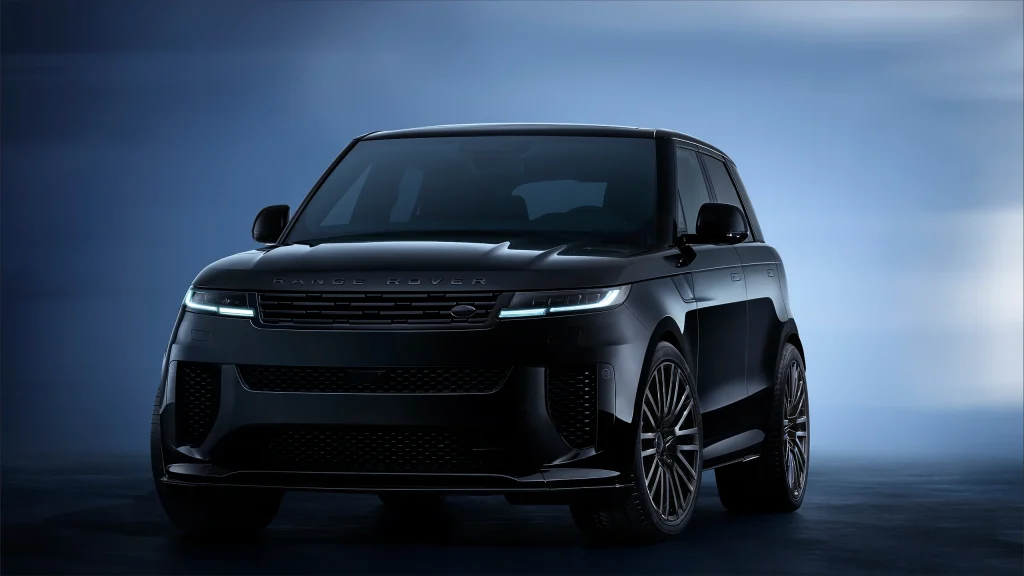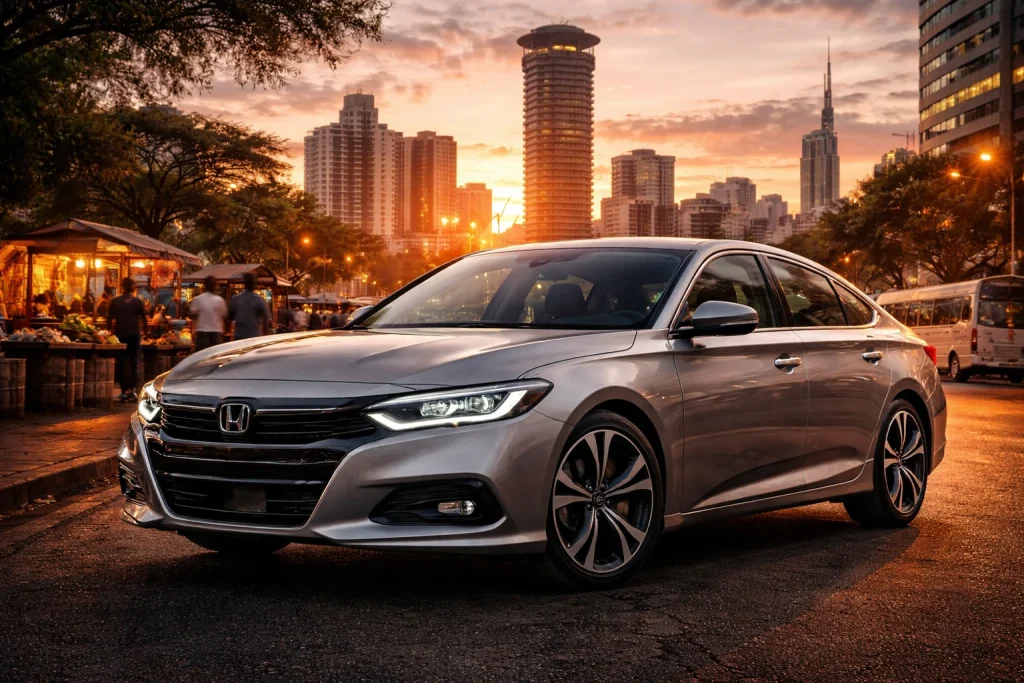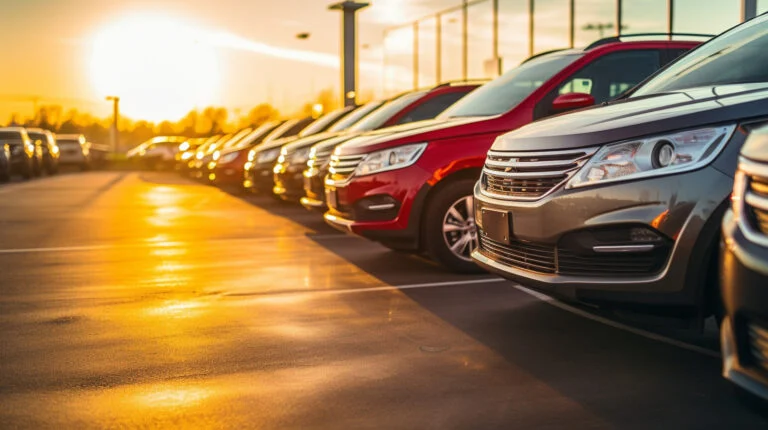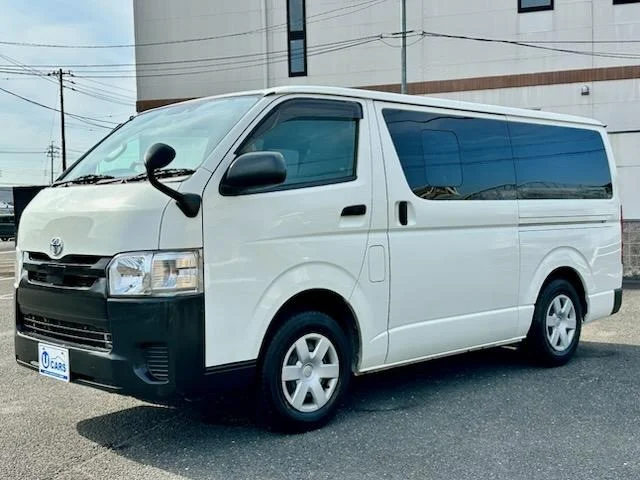Keywords: electric car conversion Kenya, EV retrofitting, convert petrol to electric, Kenya EV garage
As fuel prices continue to rise and environmental concerns take center stage, many Kenyan car owners are asking: “Can I convert my petrol car to electric?” The answer is yes—with growing support from Kenya’s evolving electric vehicle (EV) ecosystem, converting a petrol-powered car into an electric vehicle is now a viable (though complex) option.
This guide explores everything you need to know about electric car conversion in Kenya, including how it works, whether it’s legal, how much it costs, and where to get it done.
What Is Electric Car Conversion (EV Retrofitting)?
Electric car conversion—also known as EV retrofitting—is the process of removing a car’s internal combustion engine (ICE) and replacing it with:
- An electric motor
- A battery pack
- Power electronics (controller, inverter)
- Auxiliary systems like regenerative braking and battery management
The goal is to give your petrol or diesel vehicle a second life—one that’s cleaner, quieter, and more efficient.
How Does Electric Car Conversion Work?
Converting a petrol car to electric involves multiple steps and specialized expertise. Here’s a simplified breakdown:
🔧 1. Engine & Fuel System Removal
The petrol engine, exhaust system, radiator, fuel tank, and gearbox are removed to make space for electric components.
⚡ 2. Electric Motor Installation
A custom electric motor is mounted to the existing drivetrain or axle (often the rear).
🔋 3. Battery Pack Mounting
Lithium-ion batteries are fitted—usually in the trunk or under the chassis. Capacity varies (20kWh to 40kWh on average).
🔌 4. Power Controller Integration
This manages power delivery from the battery to the motor, and allows for regenerative braking.
🧠 5. Battery Management System (BMS)
A BMS monitors charge levels, temperature, and health of each battery cell.
🛠️ 6. Final Testing and Configuration
Software systems are calibrated, and road testing ensures safety and functionality.
⚠️ Note: Only trained EV technicians or certified Kenya EV garages should perform conversions.
Is It Legal to Convert Your Petrol Car to Electric in Kenya?
Yes—but with caveats. Kenya’s National Transport and Safety Authority (NTSA) and the Kenya Bureau of Standards (KEBS) currently do not have a comprehensive regulation framework specifically tailored for EV conversions. However:
- Custom-built EVs must pass a roadworthiness inspection
- Conversions must meet vehicle emissions and safety standards
- All modified vehicles must be registered with NTSA
In early 2024, the government signaled its support for green mobility with policies like:
- Reduced import duties for EV components
- Partnerships with the private sector to install public charging stations
- Introduction of EV number plates (green plates)
📌 Pro Tip: Always work with a garage or supplier who understands NTSA compliance and can guide you through documentation.
How Much Does It Cost to Convert a Petrol Car to Electric in Kenya?
The cost depends on:
| Factor | Estimated Range |
|---|---|
| Battery Pack (20–30kWh) | Ksh 600,000 – Ksh 1,200,000 |
| Electric Motor & Controller | Ksh 150,000 – Ksh 350,000 |
| Labor & Wiring | Ksh 150,000 – Ksh 300,000 |
| BMS & Software | Ksh 50,000 – Ksh 100,000 |
| Total Cost Estimate | Ksh 950,000 – Ksh 2,000,000 |
This is still cheaper than importing a new electric car like the Nissan Leaf (which costs approx. Ksh 2.5M+ after tax).
✅ Converting smaller hatchbacks like the Toyota Vitz or Honda Fit is more cost-effective than converting SUVs.
Pros and Cons of EV Conversion in Kenya
✅ Advantages:
- Zero Fuel Cost: Charging at home costs ~Ksh 400 for 150–200km
- No Emissions: Better for urban air quality
- Lower Maintenance: Fewer moving parts than a petrol engine
- Support Local Innovation: Promotes Kenyan auto-tech startups
❌ Disadvantages:
- High Upfront Cost: Batteries and motors are expensive
- Limited Charging Infrastructure: Especially upcountry
- No Official Warranty: DIY or garage conversions may lack guarantees
- Weight Issues: Some cars may become heavier and less efficient if poorly retrofitted
Kenya EV Garages and Retrofitting Startups
A few innovative companies and garages are now pioneering electric car conversions in Kenya:
⚙️ Roam Motors (Nairobi)
- Specializes in electric motorcycles and buses
- Recently launched EV conversion pilot for vans and light trucks
- https://www.roammotors.com
⚙️ KNIT (Kenya National Innovation Trust)
- Partnering with Kenyan universities for EV prototype development
- Offers training and knowledge-sharing workshops
⚙️ EVM Africa Garage – Nairobi Industrial Area
- Retrofits Nissan Cubes, Toyota Vitz, and small pickups
- Provides solar charging consultation and installation
⚙️ Opibus (Now Roam)
- Previously involved in converting safari vehicles to electric
- Focused on commercial fleet electrification
🛠️ Always confirm experience, client reviews, and NTSA compliance before committing.
Who Should Consider Converting Their Petrol Car to Electric?
- ✅ Urban Daily Commuters: With short predictable distances
- ✅ Fleet Owners: Taxis, logistics vans, or delivery vehicles
- ✅ Eco-Advocates: Looking to reduce their carbon footprint
- ✅ DIY Enthusiasts: With technical knowledge and access to parts
For most individual car owners, hybrid vehicles like the Toyota Prius, Aqua, or Vezel Hybrid may currently be a more affordable and hassle-free entry into electric mobility.
🛒 Browse Hybrid Cars Available for Import
Final Thoughts: Is EV Retrofitting the Future in Kenya?
Kenya is still in the early stages of electric car adoption, but momentum is growing. With the right garage, government backing, and demand from eco-conscious drivers, EV conversion in Kenya could become a booming industry.
If you own a compact petrol vehicle that’s mechanically sound, and you’re ready for a green switch—retrofitting could offer long-term savings and a cleaner conscience.
For most buyers, though, it may be easier (and more economical) to import a Toyota hybrid from Japan through CarsKenya. Our import service ensures verified auction cars, warranty-backed hybrids, and optional import financing through Autochek.





